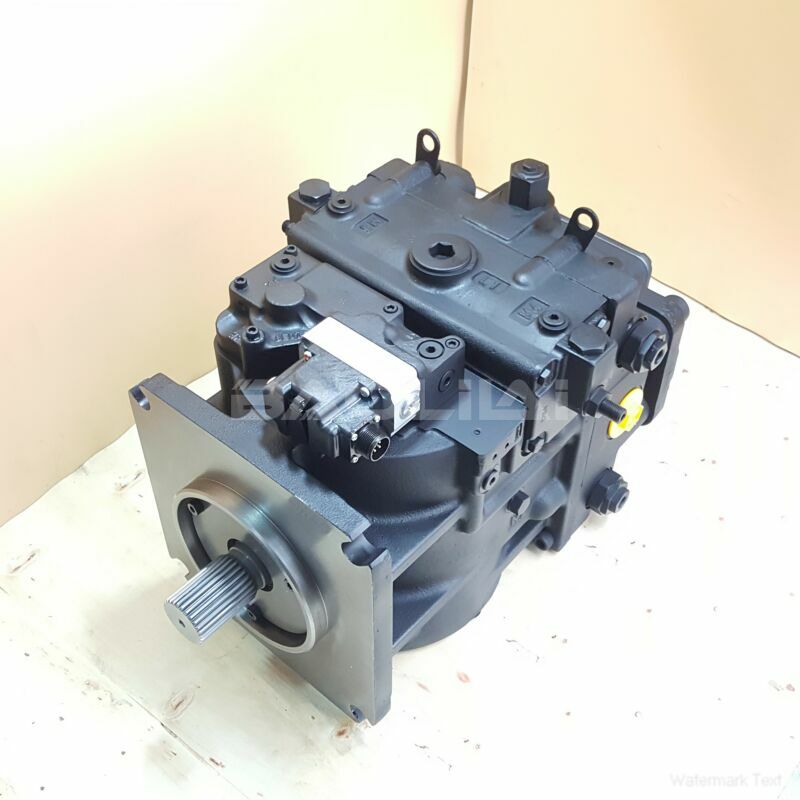90L130KP5NN80R4F1H03GBA351424 sauer danfoss pump
90L130KP5NN80R4F1H03GBA351424 sauer danfoss pump

- Product Details
- Applicable Scene
Hydraulic pumps are essential components in the operation of fluid handling systems, particularly in industrial cooling applications. Their reliability and efficiency directly impact the overall performance and lifespan of the cooling system. However, pump failures can occur due to various factors, leading to costly downtime and maintenance. Understanding how to prevent hydraulic pump failures is crucial for maintaining optimal system performance. Here are some key strategies:
90-L-130-KP-5-NN-80-R-4-F1-H-03-GBA-35-14-24
90L130KP5NN80R4F1H03GBA351424
Regular Maintenance and Inspections

80001435
Regular maintenance is vital to keep hydraulic pumps in good working condition. Scheduled inspections should include checking for leaks, ensuring proper fluid levels, and monitoring component wear. Implementing a preventive maintenance program can help identify potential issues before they lead to pump failures.
Proper Fluid Selection
The type of hydraulic fluid used can significantly affect pump performance. It’s essential to choose a fluid that meets the manufacturer’s specifications and is suitable for the operating conditions. The fluid should offer adequate lubrication, corrosion resistance, and thermal stability. Poor fluid choice can result in increased wear and reduce pump efficiency.
Monitoring Temperature and Pressure
Excessive temperature and pressure can contribute to hydraulic pump failures. Installing sensors to monitor these parameters helps ensure they remain within the recommended range. If sensors indicate rising temperatures or pressures, immediate corrective actions should be taken to prevent damage to the pump and other system components.
Filter Maintenance
Hydraulic systems can be sensitive to contaminants. Regularly inspecting and replacing filters is crucial to prevent dirt, debris, and other particles from entering the hydraulic system. Contaminants can lead to increased wear, reduced efficiency, and ultimately pump failure.
Training Personnel
Proper training of personnel handling hydraulic systems can reduce errors that may lead to pump failures. Employees should understand the system’s operation, maintenance practices, and troubleshooting techniques. They should also be trained to recognize early signs of pump problems, enabling timely interventions.





